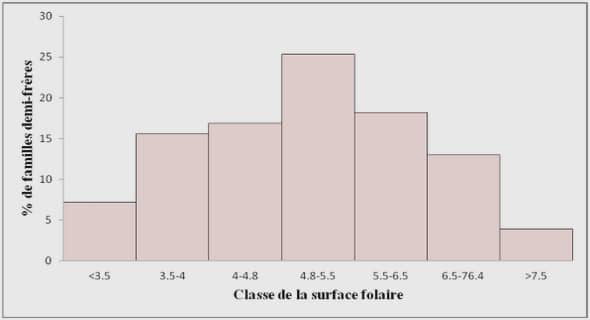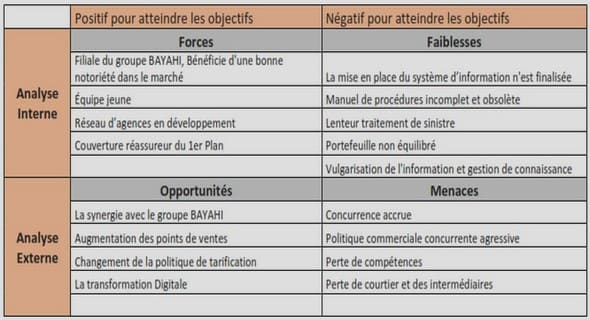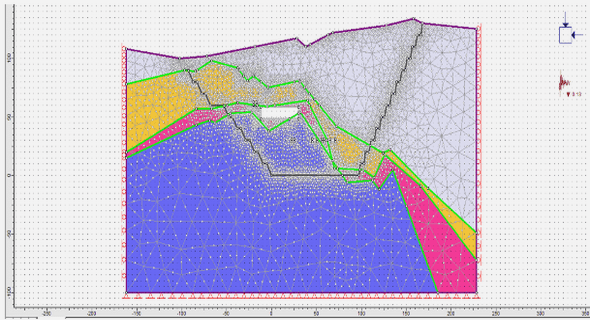Independence, Objectivity and Impartiality
Independence from the audited entity and other outside interest groups is indispensable for auditors. This implies that auditors should behave in a way that increases, or in no way diminishes, their independence.
Auditors should strive not only to be independent of audited entities and other interested groups, but also to be objective in dealing with the issues and topics under review.
It is essential that auditors are independent and impartial, not only in fact but also in appearance.
In all matters relating to the audit work, the independence of auditors should not be impaired by personal or external interests.
Independence may be impaired, for example, by external pressure or influence on auditors; prejudices held by auditors about individuals, audited entities, projects or programmes; recent previous employment with the audited entity; or personal or financial dealings which might cause conflicts of loyalties or of interests. Auditors have an obligation torefrain from becoming involved in all matters in which they have a vested interest.
There is a need for objectivity and impartiality in all work conducted by auditors, particularly in their reports, which should be accurate and objective. Conclusions in opinions and reports should, therefore, be based exclusively on evidence obtained and assembled in accordance with the SAI’s auditing standards.
Auditors should make use of information brought forward by the audited entity and other parties. This information is to be taken into account in the opinions expressed by the auditors in an impartial way. The auditor should also gather information about the views of the audited entity and other parties. However, the auditors’ own conclusions should not be affected by such views.
Political neutrality
It is important to maintain both the actual and perceived political neutrality of the SAI. Therefore, it is important that auditors maintain their independence from political influence in order to discharge their audit responsibilities in an impartial way. This is relevant for auditors since SAIs work closely with the legislative authorities, the executive or other government entity empowered by law to consider the SAI’s reports.
It is important that where auditors undertake, or consider undertaking, political activities they bear in mind the impact which such involvement might have – or be seen to have – on their ability to discharge their professional duties impartially. If auditors are permitted to participate in political activities they have to be aware that these activities may lead to professional conflicts.
When auditors are permitted to provide advice or services other than audit to an audited entity, care should be taken that these services do not lead to a conflict of interest. In particular, auditors should ensure that such advice or services do not include management responsibilities or powers, which must remain firmly with the management of the audited entity.
Auditors should protect their independence and avoid any possible conflict of interest by refusing gifts or gratuities which could influence or be perceived as influencing their independence and integrity.
Auditors should avoid all relationships with managers and staff in the audited entity and other parties which may influence, compromise or threaten the ability of auditors to act and be seen to be acting independently.
Auditors should not use their official position for private purposes and should avoid relationships which involve the risk of corruption or which may raise doubts about their objectivity and independence.


